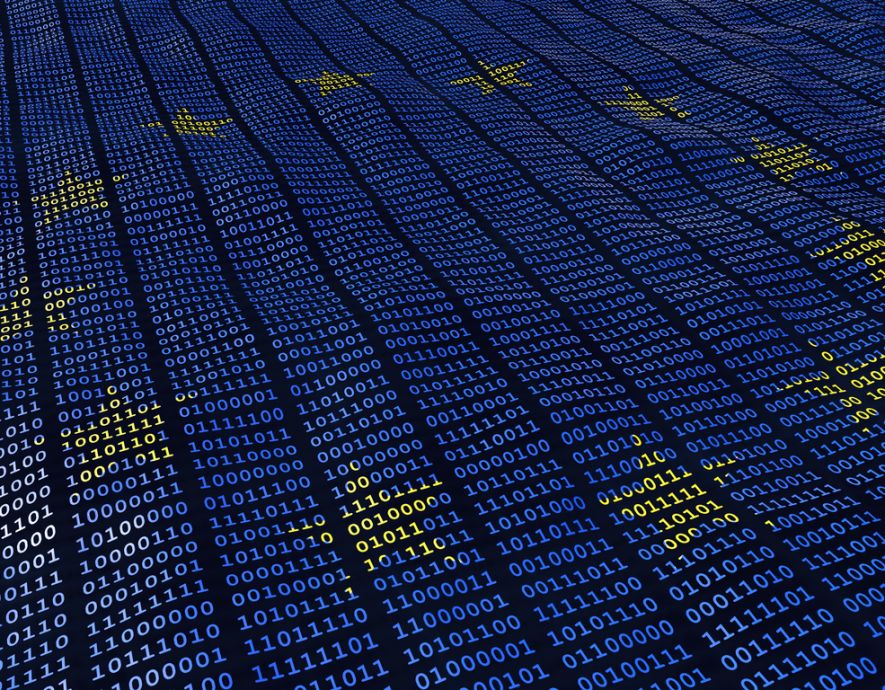
- Home
- Cyber stability
- Russia’s offensive on “digital sovereignty” in Africa
Russia’s offensive on “digital sovereignty” in Africa


Having been at the forefront of propaganda and disinformation on social networks and then on the military front in French-speaking Africa for the past ten years, Russia is launching a new offensive aimed at “digital sovereignty”. Kevin Limonier, a specialist in Russian cyberspace, and Jonathan Guiffard, a specialist in strategic issues in West Africa, offer their insights.
In the Central African Republic, Mali, Burkina Faso, and Niger, Russia has greatly expanded its influence over the past decade in French-speaking Africa, to the detriment of France. Its offensive has been highly successful, first and foremost in the digital arena, where Russia has been at the forefront. This is largely thanks to online media such as RT and Sputnik, which took advantage of the massive expansion of the Internet and social networks in Africa in the 2010s. The notorious Wagner Group, an expert in disinformation and propaganda, with its troll factories and batteries of fake accounts on social networks, also played a key role.
In the space of ten years, Russia, which had suffered from a disastrous image in Africa, succeeded in “reversing the narrative” and establishing itself as an ally of anti-colonial and “pan-Africanist” parties and personalities in Africa, says Kevin Limonier, lecturer at the Institut Français de Géopolitique (Université Paris 8). Moscow now wants to go a step further and unite its African allies around the concept of “digital sovereignty” against the West.
Combining the idea of independence from the former colonial power, France, with the defense of conservative moral values, the Russian message resonates with some African elites and peoples. For example, a “declaration” on “information security” was adopted at the second Russia-Africa summit in St. Petersburg in July 2023 aimed at increasing cooperation in information technology.
Political control and defending moral values
Russia is one of the few countries in the world – alongside China, most notably – to have its own digital ecosystem, the “Runet”, says Kevin Limonier, also deputy director of the Geopolitical Laboratory of the Datasphere (Geode). This situation exists due to both the history of Internet development in this country, which is isolated from the rest of the world, and the desire to control it that has been apparent since Vladimir Putin came to power in the 2000s. In terms of search engines and social networks, companies like Yandex and VK serve as substitutes for the American tech giants.
Moscow, which still believes in a great confrontation with the “West”, has been producing a legislative arsenal for the past twenty years and, at the same time, has developed sophisticated tools to tightly control the Runet through government-linked companies, says Kevin Limonier. Having a “sovereign Internet” allows for control of the political arena and to defend “moral values”, a crucial issue for Vladimir Putin’s power.
Under a 2016 law, Russian security services have “backdoors” into national Internet platforms. Among the tools for censure, the TSPUs (the Russian acronym for “devices to fight threats”) are particularly effective. These take the form of ITD boxes installed at the ISP level on network nodes that filter Internet traffic, including VPNs. These devices are manufactured by Russian company IKS Holding, among others.
Whether the telecommunications infrastructures in Africa come from Western or Chinese companies, these boxes act as “digital border posts” that can control all traffic, says Kevin Limonier. “This is the kind of technology that the Russians want to sell to Africa, after possibly having sold it to Iran and Afghanistan,” he says, adding that many other Russian companies specializing in control technologies are eyeing new markets in African countries.
While it is hard to know whether such control instruments have already been put in place, “there is a real democratic challenge surrounding this concept of a sovereign Internet, with the risk of a return to autocratic regimes and a decline in the rule of law” in West African countries, says Jonathan Guiffard, researcher at Geode and associate expert at the Institut Montaigne. “In Burkina Faso, for example, the ruling junta is stepping up arrests of opponents, journalists and bloggers. There is a desire to control the digital space,” says the expert, also an associate researcher at the Institut Français de Géopolitique.
Ideological convergence
According to Kevin Limonier, beyond its technical systems of digital censorship, Russia also emphasizes its ideological convergence with African countries, the countries of the “South”, to open a new front against the “West” in addition to the war in Ukraine.
“Whether in Mali, Burkina Faso or Niger, the juntas in power are supported by conservative religious movements. The convergence of interests between Moscow and the juntas relies on an ideological convergence based on political and social conservatism and an undermining of democracy,” says Jonathan Guiffard.
Russia still sees itself as a great global power like the former Soviet Union, even though it is in fact only just a regional power. The anti-imperialist and anti-colonial messages that it uses in French-speaking Africa recalls the positions of the former USSR, even though Russia’s current government is completely different from the Marxist Soviet government: it is no longer progressive, but profoundly conservative, says Kevin Limonier.
Russia’s capacity for influence in Africa seems to have been little affected by the death in August 2023 of Yevgeny Prigozhin, the leader of the Wagner Group that deployed mercenaries and experts in digital influence strategies. A new structure, African Initiative, was created in September by the Russian government to take over Wagner’s influence activities, and another structure, the Africa Corps, was established to bring together its mercenaries.
Russian influence in Mali and Burkina Faso, following coups d’état in these countries that brought pro-Russian juntas to power, was then directed towards Niger, where President Mohamed Bazoum was overthrown. Then it was directed at other countries allied with France, Chad, Ivory Coast and Senegal, where a new president, Bassirou Diomaye Faye, was recently elected on the strength of his anti-imperialist rhetoric, says Jonathan Guiffard.
Beyond the political propaganda, French companies such as Orange, which has a heavy presence in telecommunications in French-speaking Africa, are also targeted.
“The impact of the Russians’ digital influence systems is actually difficult to measure,” says Jonathan Guiffard. “Regime changes in West Africa are above all the result of social problems, poverty, violence by jihadist groups and indiscriminate repression by the armed forces. The Russians are ‘riding the waves’ of protest that already existed. But over the long term, the persistence of anti-Western messages risks changing peoples’ perceptions for good,” says the researcher.
the newsletter
the newsletter



